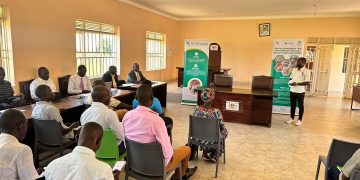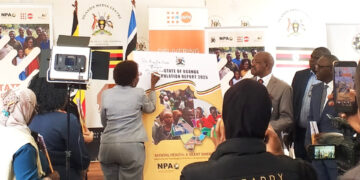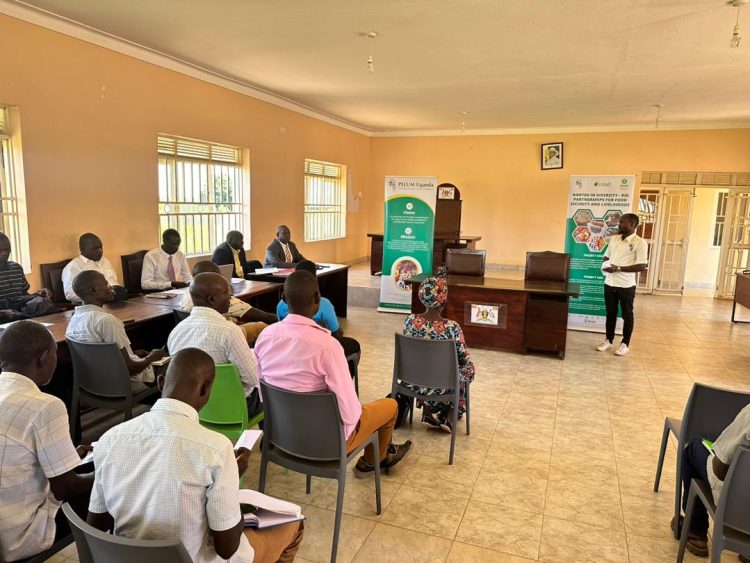By Watera Atai,
KALAKI
PELUM Uganda, in collaboration with ESAFF Uganda and Oxfam Uganda, has officially launched the “Rooted in Diversity” (RiD) production program to enhance food security in Uganda.
Funded by the Norwegian Ministry of Foreign Affairs, the initiative aims to support small-scale farmers in various districts, including Kalaki, Amuru, Serere, and Iganga. These districts were chosen due to their similar ecosystems, crop varieties, and vulnerability to climate change, stand to benefit significantly from the program.
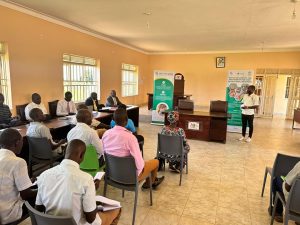
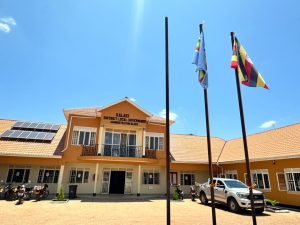
The launch event in Kalaki district was spearheaded by Jude Ssebuliba, Programs Manager of Agricultural Marketing and Business Development (AMBD) with PELUM Uganda, accompanied by a team of experts dedicated to executing the project.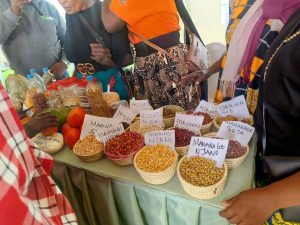
According to PELUM Uganda, the project’s goal is to equip small-scale food producers with the knowledge, skills, and resources needed to improve food production and consumption, particularly in regions with unpredictable and highly variable agroecological conditions. The initiative will focus on enhancing local agricultural capacities to boost food security.
“The project will build on and contribute to the increased availability and use of locally adapted crops and varieties, including neglected and underutilized food plants,” PELUM Uganda stated. “It will also improve access to market and income opportunities for small-scale farmers, allowing them to commercialize the enhanced crop diversity. This will, in turn, extend the benefits to additional rural communities through markets and exchange networks.”
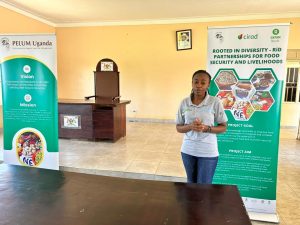
The “Rooted in Diversity” initiative goes beyond Uganda’s borders, with plans to implement similar programs in other African nations facing food security challenges. These include Niger (Maradi, Dosso, and Tillaberi regions) and Malawi (Dowa and Nkhotakota districts), which are classified as “low-income food-deficit” areas by the Food and Agriculture Organization (FAO).
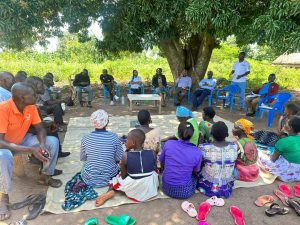
Farmers in these semi-arid regions will receive agricultural inputs aimed at promoting food production and improving nutrition, both critical aspects of food security. The project’s partners argue that supporting local agrobiodiversity management is key to bolstering food production, especially in areas facing the harsh realities of climate change.
RiD project project will enable contribute to long-term food security by empowering small-scale farmers and promoting sustainable agricultural practices in some of the most vulnerable regions.
